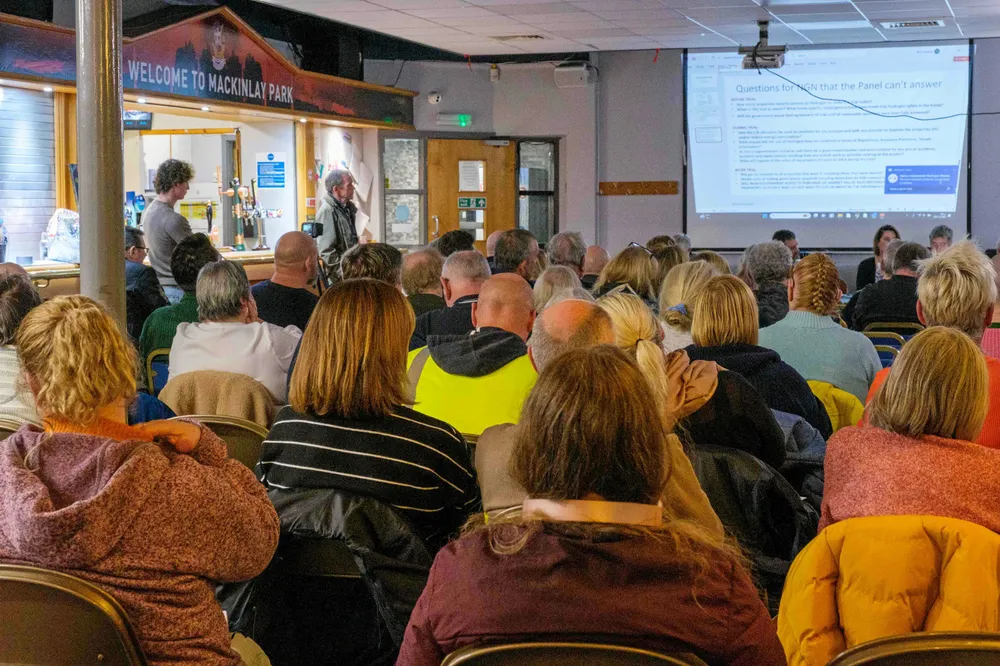Controversial hydrogen heating trial poised for green light — but local authority demands last-minute debate
Decision on Redcar pilot due amid mixed messages from London, as campaigners make last-ditch attempt to secure independent advice

Decision on Redcar pilot due amid mixed messages from London, as campaigners make last-ditch attempt to secure independent advice
